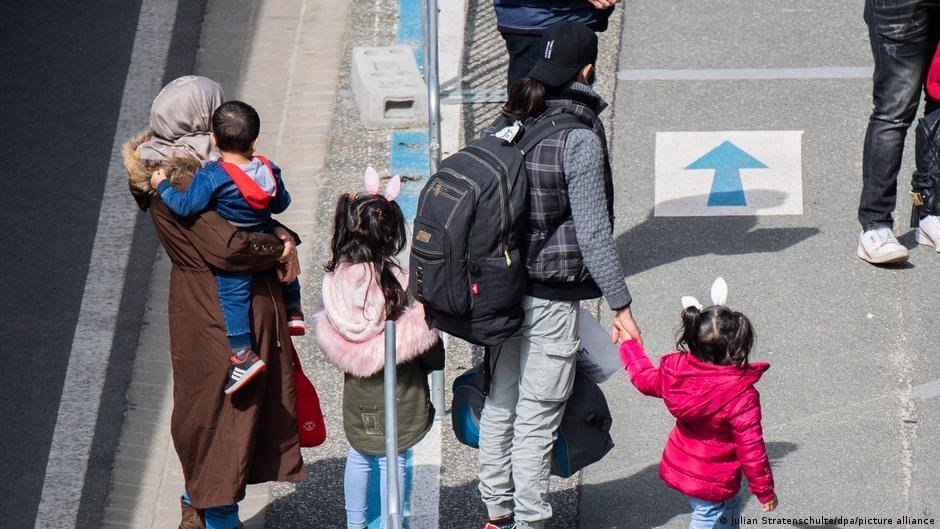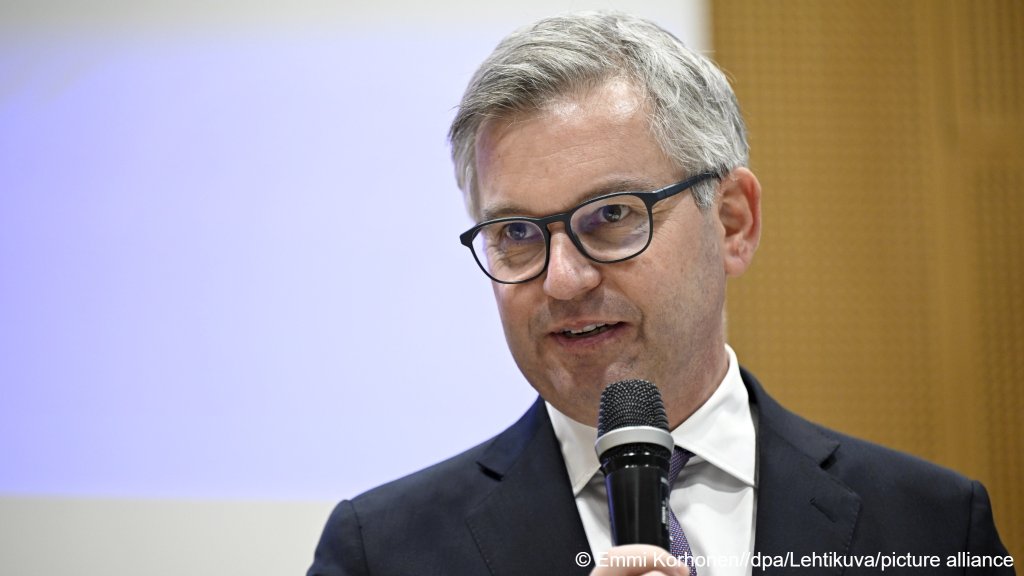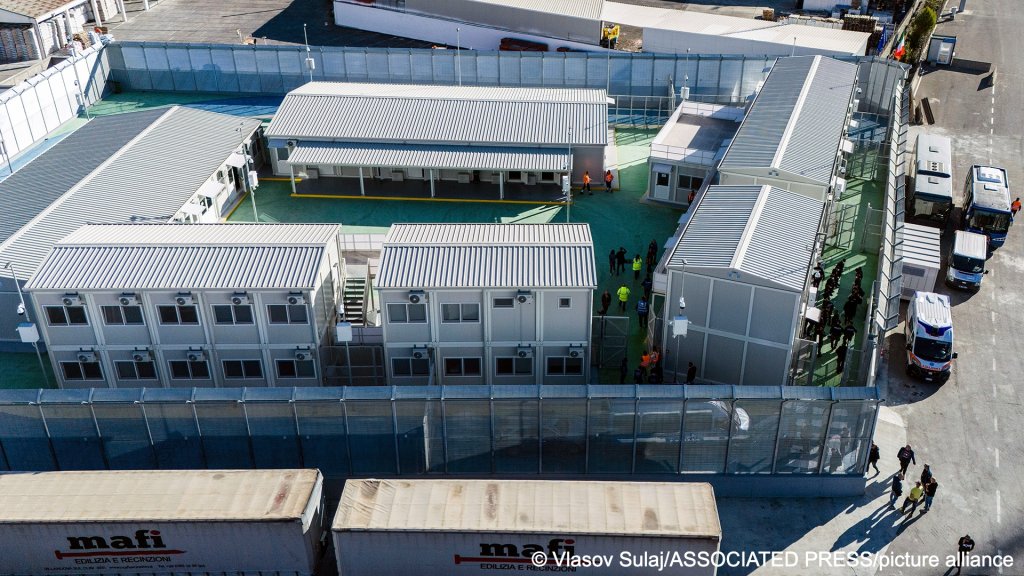The European Commission is looking into proposing new laws that will strictly enforce deportations of rejected asylum seekers. EU migration commissioner Magnus Brunner told German media that returnees must cooperate or face "harsh consequences."
The European Commission is looking into proposing new laws that will strictly enforce deportation policies for those with rejected asylum claims, the German newspaper The Welt reported on Saturday (March 1).
Magnus Brunner, the European Commission for Security and Migration told The Welt that he would propose new legislation that would require returnees to cooperate with the authorities and would face "harsh consequences" if they refuse to do so.
"The result must be that when a return decision is made, it is actually enforced," said Brunner.
The European Commission is scheduled to review a new legislative proposal for amendments in the European Union (EU) Return Directive on March 11.
Low return rates
Data from Eurostat, the European Union’s Statistics Agency, indicates that more than 480,000 nationals were asked to leave the EU in 2023. However, only one in five individuals actually left. The highest number of people who were asked to leave were nationals of Morocco, Algeria, and Afghanistan. Additionally, about 92,000 nationals were returned to a third country, usually Georgia, Albania, and Turkey.

In contrast, Eurostat data showed that 409,485 asylum seekers were granted protection status in the EU in 2023. This includes refugee status (43 percent), subsidiary protection (35 percent) and humanitarian status (22 percent). Syrian nationals accounted for the highest number of people receiving protection status followed by Afghans and Venezuelans. Germany hosted the highest number of people who received protection status at 37 percent, followed by France and Spain both at 13 percent.
Under the EU Migration Pact, a return to a third country refers to the deportation or repatriation of failed asylum seekers to another country -- not their country of origin -- where they could be authorized to safely stay. Examples of a third country include countries that the EU has bilateral agreements with regarding the repatriation of migrants. Or in the case of the Dublin Regulation, a person may be sent back to the first EU country they entered. In instances where a person has already been granted asylum in another non-EU country, they may also be returned there.
The deportation rates vary greatly across EU member states. France is recorded as having deported the most number of people in 2022, followed by Germany, and Sweden.

Tighter enforcement
The low deportation rates are also prompting the European Commission to enforce stringent rules for asylum seekers who have committed crimes or pose a security threat.
"The rules for returnees who pose a security threat must be much stricter -- including the possibility of detaining people so that they are not at large while their return is being prepared," said Brunner.
Frontex, the EU border protection agency, reported a substantial drop in irregular arrivals into Europe last year. An estimated 239,000 people entered the EU irregularly, the lowest number since 2021. Alliances with North African countries such as Libya and Tunisia for border control were seen as contributing to the decrease in the number of irregular arrivals.
Read AlsoGerman study: Immigration does not raise crime rate
Return hubs
European Commission President Ursula von der Leyen is also reportedly considering sending irregular migrants back to "return hubs" which could be located in third countries that have previously agreed to accept those who entered the EU irregularly. Italy and the United Kingdom tried to establish return hubs to outsource asylum procedures. The UK-Rwanda deal was met with opposition and was eventually scrapped when the new Labour Party was elected. Similarly, Italy's deal with Albania to house asylum seekers has faced significant opposition from civil society, human rights advocates, and the courts.
In a meeting with Brunner last month, Italian Prime Minister Georgia Meloni said that her focus would be to quickly draft a list of safe countries of origin -- which has been the main issue hindering the full implementation of the Italy-Albania deal.

In a statement, the Platform for Undocumented Migrants (PICUM), a network of organizations advocating for the rights of undocumented migrants, raised concerns that revising the EU Return Directive to focus on speeding up deportations would reinforce "the false assumption that all people who are not eligible for asylum should be deported, making it harder for people to access permits on other grounds, including humanitarian and work permits."
PICUM urged the EU to prioritize "pathways to come and work in Europe in safety and dignity and fair regularization measures" for people already living in Europe.
Read AlsoMeloni-Brunner promise to expedite EU Migration Pact and list of 'safe countries'
